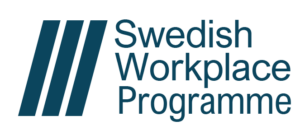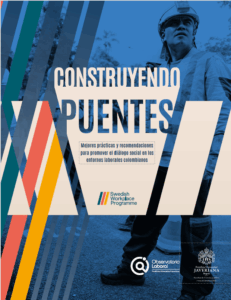SWP, together with the Swedish Embassy and Business Sweden in Colombia invited Swedish companies operating in Colombia to share their strategies during the pandemic and how they plan for re-opening of business. All agreed that the uncertainty of the pandemic and its negative impact is the main challenge. But some companies were optimistic due to new creative solutions to generate business.
The companies follow the instructions from global, national and company- levels. There is a lot to consider when the crisis hit, many of them had crisis-plans ready as well as contingency plans. The companies that had crisis committees established, spent a lot of time to adjust to the crisis, but the global impact of the crisis is unique in modern day business.
The world is affected and the supply chain for global companies is interrupted, due to lockdown, logistical closures, travel restrictions and closing of some factories. The estimated decrease on demand during the lockdowns is up to 75% in some countries. Some companies and suppliers have production on-going despite the virus and have adjusted their protocols to include screening of the employees before entering the workplace.
Communication
Reliable information is critical and many companies started using digital tools to reach the employees from mid-March. Companies have been creative in their communication with employees through daily newsletter, online platforms, phone calls etc.
One sector which was not included in the lockdown was telecom. Their services are needed for general communictions and to transform the work to a digital way of working. Telecom companies kept a close track of the employees and have adjusted their field and maintenance to ensure their safety.
Most of the workforce work around 60% time with retained salary. Several companies plan to test the workforce which is one key factor to be able to open the businesses.
A new normal
There will be a new normal and the acceleration of the digitalisation of all business processes in now a fact.
Many companies have already prepared for “smart recovery ” with gradual reintroduction of office employees. In factories, screening is mandatory and PPE (personal protective equipment) will be available and workplaces are adjusted to distancing. Some of the companies have taken initiatives to redirect production, using 3D prints for PPE production or other products needed in the response.
Creative solutions
A new way of working can also create new business and optimisation of e.g. supply chain and demand workflow. Most of the companies continued having a close dialogue with customers. Customer webinars have been successful to show presence and adaptation.
All companies agreed on that these learnings are important to share and continue to develop.




